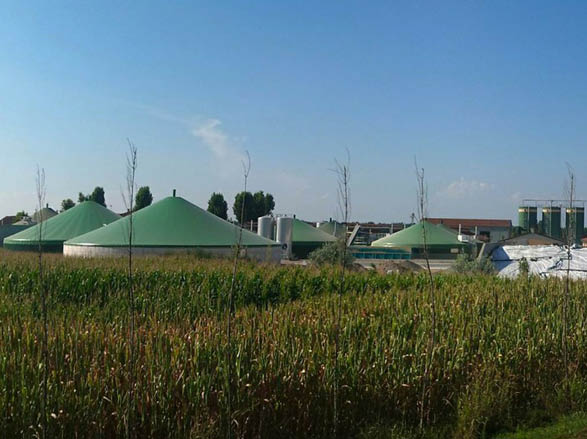
There is increasing interest for large organisations to manage resources more sustainably, and future-proof their energy costs from volatile fossil fuel prices. A UK-based University were working on a 2020 Carbon Management Plan, seeking a reduction in emissions from their on-campus facilities and activities. Having undertaken a review of renewable energy options internally, they identified a potential in bioenergy but did not have the knowledge to consider how and where it could impact their carbon emissions. They required an in depth independent appraisal of options to help identify suitable solutions and develop the business case for a lower carbon campus by 2020.
Three primary bioenergy technology options were appraised; biomass combustion, gasification, and anaerobic digestion (AD). Feedstocks available onsite, including food waste and agricultural land owned by the University, were evaluated, along with other local resource options. Feedstock and technology compatibility were assessed, and the most promising combinations were identified. In addition, social and logistical factors were considered, such as storage and impact on local residents. Finally government policy and incentives were explained to summarise financial support available, to help make the project more economically viable.
A detailed report was provided to the University, examining the most promising options and limitations available for developing bioenergy on-campus, with a summary of relevant policies, Government support, economics, logistics, risk, and social issues. Options included supplying external facilities with food waste, building an onsite anaerobic digestion facility with combinations of feedstocks (food waste, University owned crops, imported slurry and crops) and outputs (biomethane injection and CHP), and biomass combustion or gasification of local wood and energy crops with CHP.